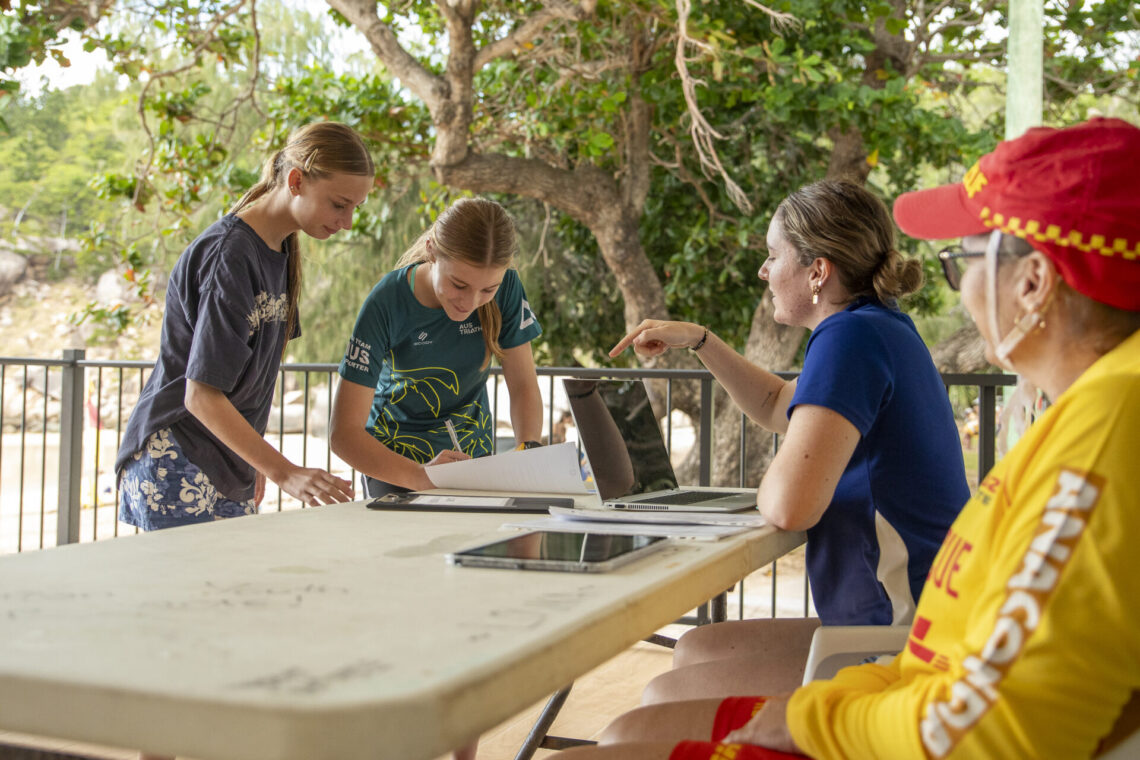You’ve probably heard the word “mentor” thrown around—maybe in your club, at school, or in career workshops. But what does it really mean to have a mentor? And more importantly, how do you actually find one?
Here’s everything you need to know about mentors, why they’re a game-changer for your personal and professional development, and how you can build a mentoring relationship that helps you thrive—in and out of the red and yellow.
What is a mentor?
A mentor is someone with more experience who’s willing to support, guide, and challenge you. They’re not your boss or your parent. They’re someone who’s been where you are, or at least understands the path you’re on, and can offer wisdom, perspective, and encouragement.
Mentors can help you:
- Set goals and keep you accountable
- Navigate tricky decisions (like choosing study paths or applying for leadership roles)
- Recognise your strengths—and where you can grow
- Connect with opportunities you might not find on your own
They’re not there to do the work for you—but they can help you see the bigger picture and build confidence along the way.
Why does mentoring matter?
Having a mentor isn’t just helpful—it can be a total turning point.
Especially if you’re in the 15–25 age range, it’s easy to feel pressure to have everything figured out. A mentor can help ease that pressure by showing you that careers, leadership journeys, and life in general aren’t always a straight line.
Within Surf Life Saving Queensland, mentors play a big role—many club leaders, trainers, and patrol captains started as young Nippers or bronze medallion holders themselves, guided by someone who helped shape their path.
Mentorship matters because it:
- Builds your confidence in unfamiliar spaces (think: your first paid lifeguard shift or leadership program interview)
- Helps you avoid common pitfalls by learning from someone else’s experience
- Expands your network through introductions and connections
- Reminds you that you’re not doing this alone
How to find a mentor
Finding a mentor doesn’t mean walking up to someone and asking, “Will you mentor me forever?” It’s more about identifying someone you respect, reaching out, and starting a conversation.
Here’s how to go about it:
1. Look around you
Mentors don’t have to be super senior. Start with people you already know and admire:
- Patrol captains
- Club committee members
- Trainers or assessors
- Older youth who’ve taken on leadership roles
You might also find potential mentors in your workplace, uni, or through SLSQ youth programs.
2. Reach out with purpose
Keep it simple and respectful. You could say:
“I really admire how you’ve progressed through different roles in the club. Would you be open to catching up for a coffee sometime? I’d love to get your advice on where I should focus next.”
Most people will be flattered and happy to help. You’re not asking them to solve your life—just to share a bit of theirs.
3. Be a good mentee
Mentorship is a two-way street. Show up on time, be open to feedback, and be proactive about setting goals or follow-up conversations.
Ask thoughtful questions like:
- “What helped you move into leadership?”
- “How did you manage your time between lifesaving and study?”
- “What’s one thing you wish you’d known when you were my age?”
And remember to say thank you—often.
Don’t overthink it
Mentoring doesn’t have to be formal. Sometimes it looks like a regular check-in with your club captain. Other times it might be an SLSQ program that matches you with someone outside your branch. Or it could even be a uni tutor, work supervisor, or community leader who’s taken an interest in your growth.
The best mentoring relationships feel natural, are built on mutual respect, and evolve over time.
Final Thoughts
You don’t need to figure it all out on your own. Mentors are the quiet champions who help you stretch, grow, and see what’s possible—especially when you’re not sure of the next step.
So whether you’re looking to take on more responsibility at your club, step into your first job, or just need someone to bounce ideas off, finding a mentor could be one of the best decisions you make.
Start with a conversation. You never know where it might lead.
